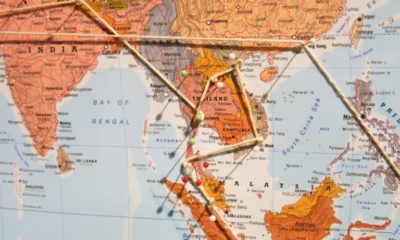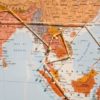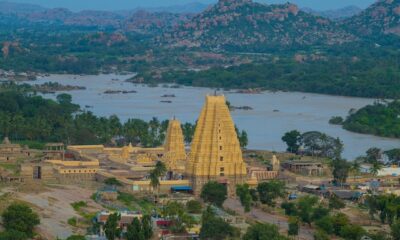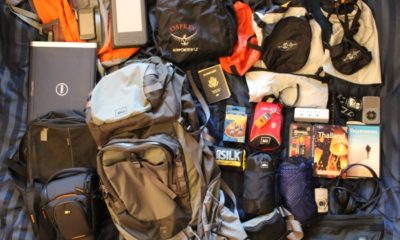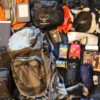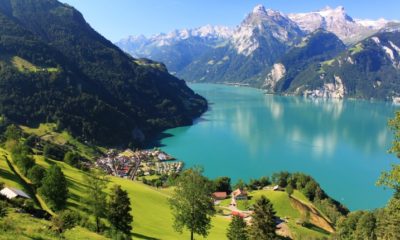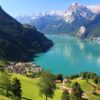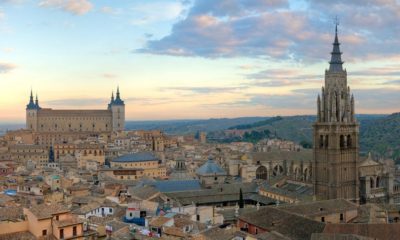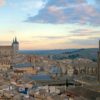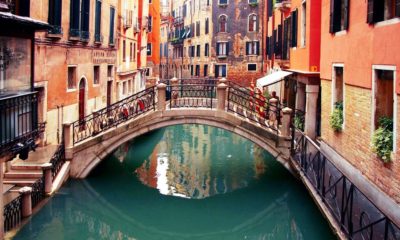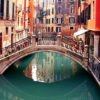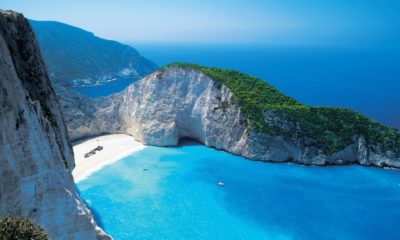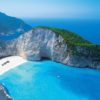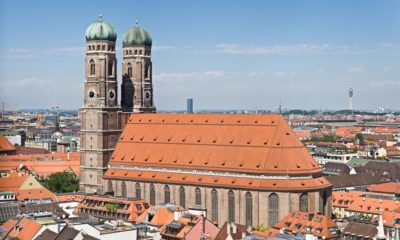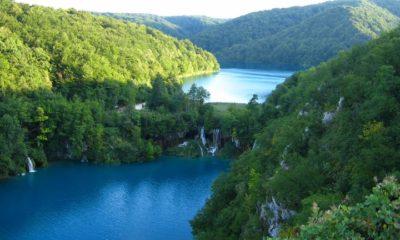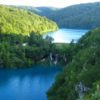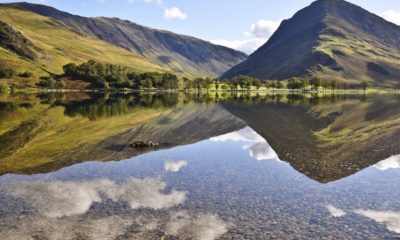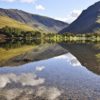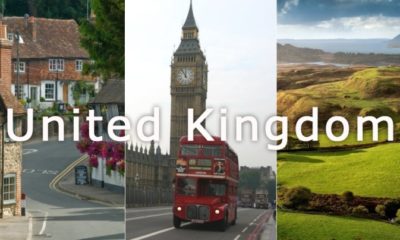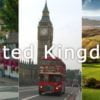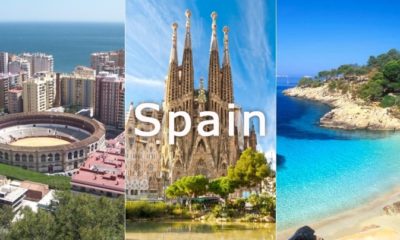Europe
Backpacking Slovenia Need To Know
Basics
Language:
Capital:
Currency:
|
Dial Code:
International Access Code:
Emergency Services Number:
Time Difference:
|
Entry
Slovenia is a member of the borderless Schengen Zone, meaning you can freely move to other member states without the need for multiple visa applications and passport controls.
Citizens of the EU, EEA and Switzerland don’t need a visa to enter the Schengen Zone, and can generally stay for as long as they wish.
A vast amount of passport holders from other countries can also enter the Schengen Zone visa-free for up to 90 days including; Australia, Canada, New Zealand and the United States.
Citizens of visa-exempt nations need only produce a passport which is valid for the entirety of their stay, but other nationals require a Schengen visa and must have a passport which has at least 3 months’ validity beyond their period of stay.
For official information visit mzz.gov.si or your home government travel bureau.
Getting Around
Official Europe wide rail passes can be obtained through Rail Europe
More details are to come in this section, but you can read about general advice regarding Getting Around When You Get There
Accommodation
Slovenia is small, and an increasingly popular destination, therefore you should arrange accommodation before travelling.
The average price of a hostel is €10-20 a night.
All hostels in Slovenia will provide linen and bathroom facilities. Usually there will be cooking and internet facilities as well as common and laundry rooms.
Read more about Accommodation When You Get There and Living in Hostels
Food And Health
The standard of food safety and hygiene is good, and there are many places to eat out cheaply, if you do not wish to cook.
Water is generally safe to drink from all kitchen taps in Slovenia, unless stated. If in doubt, stick to bottled water.
Medical facilities are good, but make sure you have adequate travel insurance and accessible funds to cover the cost of any medical treatment and repatriation.
EU and EEA citizens should get a free European Health Insurance Card (EHIC) before leaving home. The EHIC isn’t a substitute for medical and travel insurance, but it entitles you to state provided medical treatment that may become necessary during your trip.
Other nationalities may also have reciprocal health care agreements, find out from your government travel bureau.
Always contact your GP around 8 weeks before your trip to check whether you need any vaccinations or other preventive measures. Visit here for Recommended Vaccinations and read here for more about Travelling Health In General
Weather & Time To Go
Slovenia has a Mediterranean climate on the coast. Elsewhere the climate is continental, with mild to hot summers, and cold winters.
Communications
Internet and wifi is widespread and accessible in most hostels. Local pay-as-you-go SIM cards for your mobile phone and international calling cards are cheaply available.
Dangers And Considerations
Crime levels in Slovenia are low, but take sensible precautions to avoid mugging, bag snatching and pick pocketing.
Carry a copy of your passport at all times as a form of identification.
All foreign nationals visiting Slovenia must register with the Police within 3 days of arrival or risk paying a fine. If you are staying at a registered hostel, hotel or guest house, they will register you when processing your arrival.
There are heavy on-the-spot fines for jaywalking.
Dangers constantly change. Always check with your foreign office (British Foreign Office webpage) or travel advice bureau for the latest information regarding your destinations safety.


